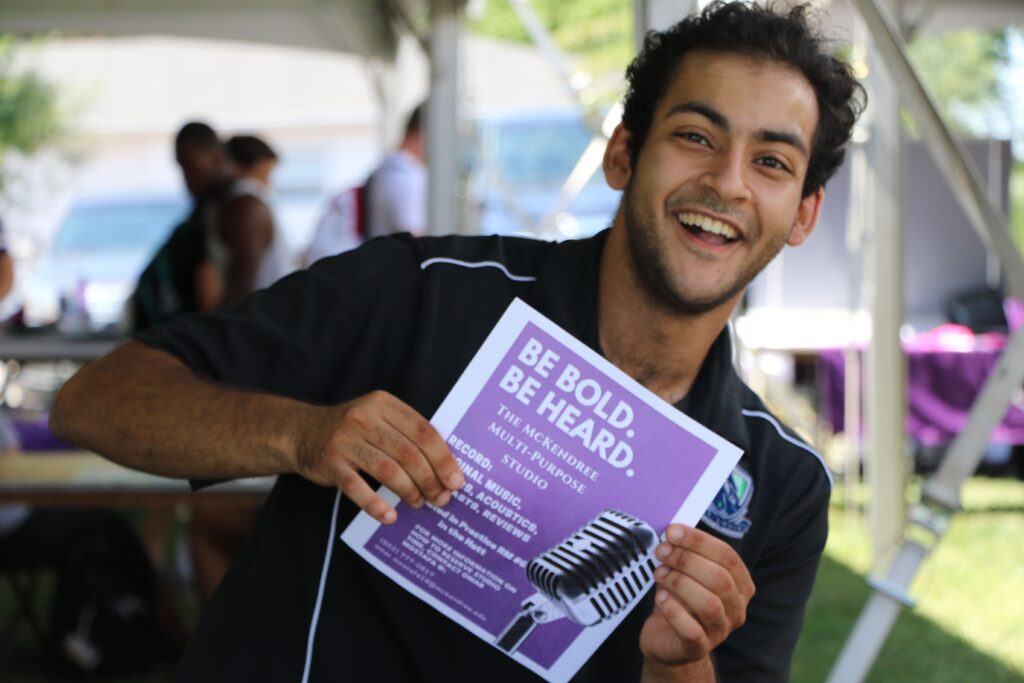College students often find themselves in a perpetual cycle of studying, attending classes, and managing numerous academic obligations. While focusing heavily on education is undoubtedly vital to achieving success, neglecting the need for leisure time can have unintended consequences on one’s mental well-being and academic prowess. Recognizing the importance of balancing studying with recreational activities is a hallmark of the most successful students. In this article, we explore how integrating fun into a busy college schedule can be beneficial and even necessary for serious scholars. Keep reading to understand why downtime is as important as hitting the books.
The Role of Leisure in Enhancing Academic Performance
Many students hold the misconception that continuous studying equates to better academic performance. However, research suggests that incorporating leisure into one’s routine can lead to improved cognitive function and memory retention. Breaks filled with enjoyable activities allow the brain to rest, process information, and prepare for new material.
Engagement in leisure activities is akin to hitting the refresh button, curing the tunnel vision that often accompanies prolonged focus on academic materials. A rejuvenated mind can approach problems with a new perspective, potentially yielding better results. Activities that stimulate creativity and relaxation can break the monotony of routine study sessions and boost motivation.
Furthermore, leisure activities don’t necessarily have to be time-consuming. Short, scheduled breaks to engage in a free social casino game or a quick physical activity can be particularly refreshing without detracting from study time, providing a quick mental recharge. Playing casino games online and taking advantage of free sweepstakes is a great way to take some time off.
Balancing Study and Play: A Strategy for Long-Term Success
Striking the right balance between study and play is essential for avoiding burnout, a typical challenge faced by many college students in a paralegal online program. This balance ensures that students do not overextend themselves academically at the expense of their mental health and overall well-being. Developing a well-structured timetable that includes both study sessions for coursework and periods of leisure can lead to a more sustainable academic life.
Students who incorporate regular leisure time into their schedules often find that they are better able to handle the pressure of tight deadlines and high-stakes exams. This self-care strategy leads to improved long-term academic performance and can prevent the debilitating effects of chronic stress.
The Psychological Benefits of Downtime for Overworked Students
The relentless pursuit of academic achievements can lead to mental fatigue, making students more susceptible to stress, anxiety, and depression. Downtime affords the mind a much-needed escape from these pressures, reducing psychological distress and fostering a healthier mindset.
Engaging in leisure activities that one finds genuinely enjoyable can be a powerful antidote to the stress of college life. It can help cultivate a sense of control and autonomy, contributing to overall psychological well-being. Social activities especially can reinforce a sense of belonging and support, buffering against feelings of isolation.
Studies have shown that students who regularly participate in leisure activities tend to display higher levels of resilience. They are better equipped to cope with the demands of college life, and their downtime serves as a training ground for stress management strategies.
Mental breaks during the day also aid in maintaining attention and preventing decision fatigue. When learning sessions are separated by periods of unrelated activities, the brain has the opportunity to consolidate learning and return to studying refreshed and ready to absorb new information.
Managing Stress Through Mindful Recreation: A Must for Scholars
Awareness of one’s mental state and implementing strategies to maintain equilibrium is critical for students navigating the pressures of college. Mindful recreation involves engaging in leisure activities with full attention to the enjoyment and experience of the moment, without the distraction of academic worries.
Mindful approaches to recreation can include activities such as meditation, yoga, or even reading for pleasure—any practice that helps to still the constantly whirring mind of a college student. When stress levels start to climb, these activities can provide an anchor, bringing one’s attention back to a state of calm.
Recreation that incorporates physical activity also benefits mental health by releasing endorphins, often referred to as the “feel-good” hormones. Whether it’s a regular workout routine, a dance class, or a brisk walk across campus, these endorphin-boosting activities can be powerful stress relievers.
Overall, it’s clear that leisure is not just a luxury but a necessary component in the lives of serious college students. Integrating mindful fun into one’s schedule is key to managing stress, improving academic performance, and building a strong foundation for personal and professional development. By ensuring that recreation and relaxation are given their due importance, students can pave the way for a fulfilling academic experience and a bright future.


